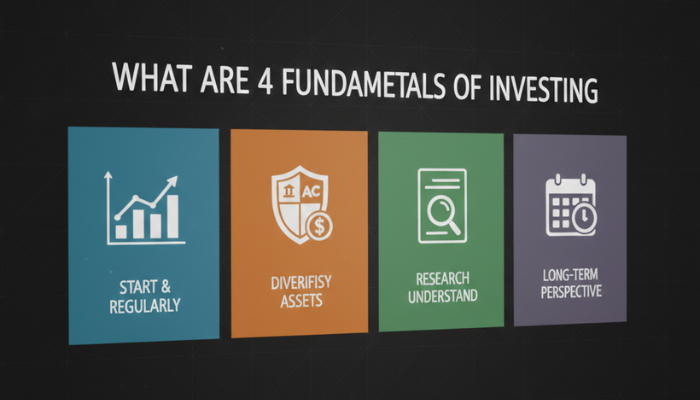
What Duties Does the Advisor Have?
In today’s intricate business environment, knowing what duties does the advisor have helps individuals and businesses overcome obstacles and take advantage of possibilities. Advisors contribute knowledge, objectivity, and strategic insight to your financial business plan and professional growth.
L&Y Tax Advisors helps you examine what duties does the advisor have to ensure their input is significant and aligns with the goals of their clients.
Client Needs and Goals
Gaining a complete understanding of the client’s needs, objectives, and difficulties is one of the advisor’s primary responsibilities. This calls for:
- In-depth conversations
- A thorough understanding of the client’s goal
- A study of the existing circumstances
Aligning with the client’s goals is essential, regardless of whether the adviser is dealing with a corporation, a person, or a non-profit organization.
Advisors must modify their plans and recommendations to accommodate these unique requirements. This ensures that their counsel is applicable and useful.
Insights and Expert Analysis
Our business consultant services are frequently employed due to their expertise and background in industry. Consequently, one of their primary responsibilities is offering customers access to professional analysis and insights they might not have internally. This may entail:
- Risk assessment
- Financial planning
- Market study
- Industry trends
Advisors gain a better understanding of the client’s operating environment. They enable their clients to make well-informed decisions that propel success.
Read about our CFO & business advisory services.
Objective and Rational Guidance
Providing objective guidance is one of an advisor’s most important responsibilities. Advisors are trusted by clients to provide opinions free from conflicts of interest, personal prejudices, and internal politics.
The advice is guaranteed to be in the client’s best interest because it is objective. It assists them in making decisions that will benefit them both now and in the future.
Advisors are expected to uphold a high standard of professionalism and honesty. It ensures that strong judgment, facts, and statistics support the information they provide.
Strategic Deployment and Planning
Advisors are essential in assisting customers with the creation and execution of strategic strategies. This entails developing a thorough strategy and ensuring that the plan is carried out as intended.
Advisors may walk clients through every process stage, from determining the most critical goals to establishing quantifiable targets and tracking advancement. They are responsible for ensuring the client stays on course and modifies the strategy as necessary to address evolving events.
Trust and Confidentiality
Trust is the foundation of any advisor-client relationship. Advisors must keep any sensitive information they learn throughout their engagement secret. The relationship is based on trust because it enables clients to be candid and upfront about their possibilities and problems. Advisors are required to treat all client information with the highest care and secrecy to earn this confidence.
The Bottom Line
Knowing the advisor’s duties is essential to your success. Advisors must perform their duties with professionalism and honesty, from recognizing their clients’ requirements to offering knowledgeable insights and upholding their confidence. By carrying out these responsibilities, a business plan consultant ensures their clients are prepared to succeed in the industries and reach the goals.
Contact us now and get our:


